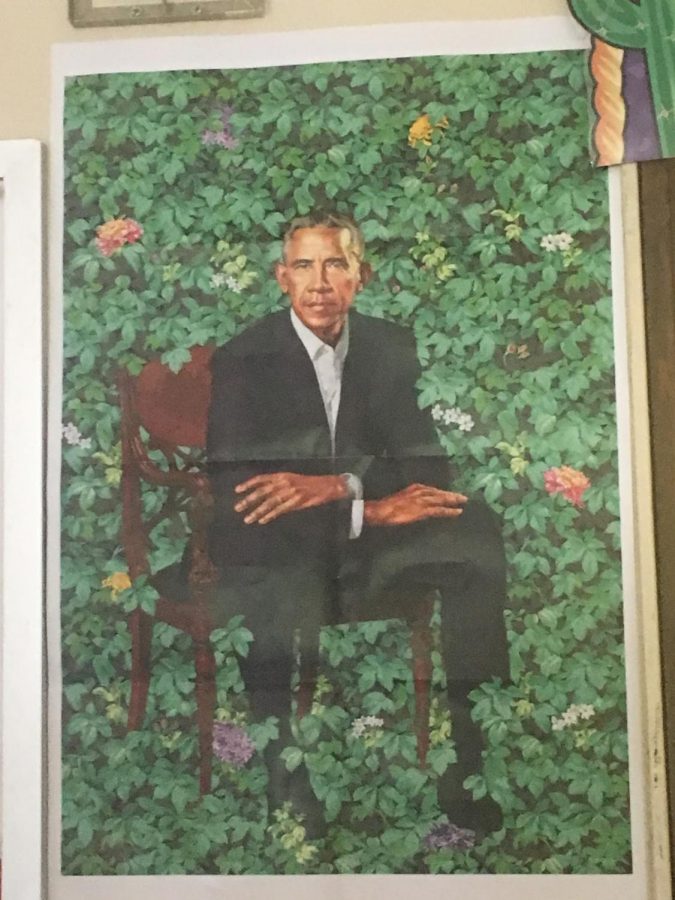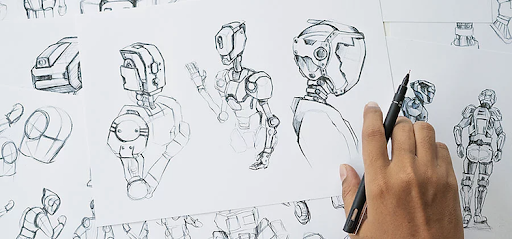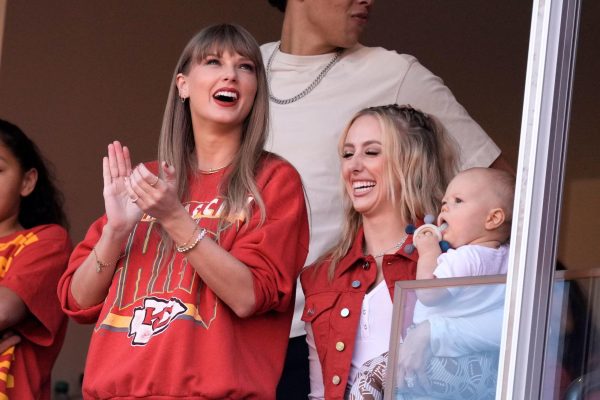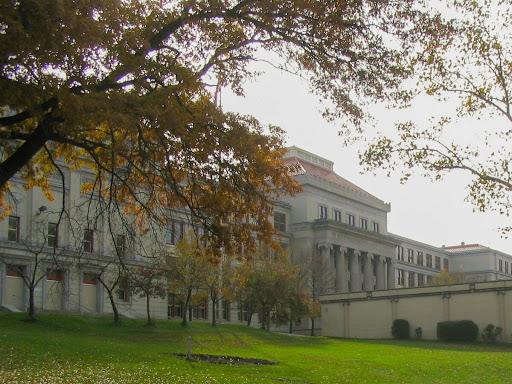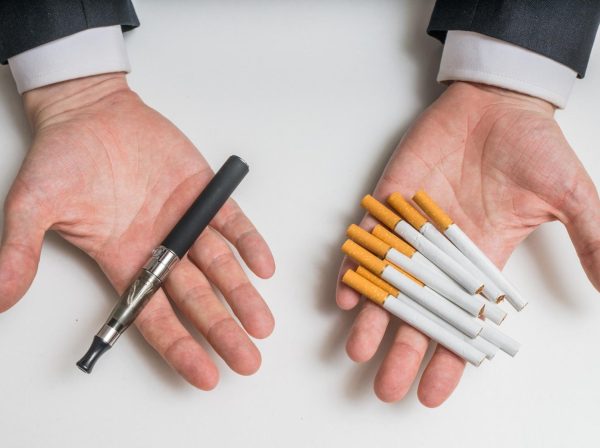Are Politics in the Classroom Appropriate?
Imagine this: You groggily make your way to your last period math class, dreading the results of that last test you are absolutely positive will drop your grade like the beat in one of those 2014 bops from your best friend’s Bat Mitzvah. You lost your pencil, and the kid next to you has a cold and doesn’t know the meaning of covering his mouth. You watch as the people at your table take out the homework assignment from last night that you never knew you had and wonder how things could get any worse. Then, just as if you were the butt of some cruel cosmic joke, your math teacher goes on another 20 minute monologue about why their absolute favorite Pittsburgh native, Rand Paul, should have won the 2016 presidential election.
Although this unfortunate story was completely made up in an effort to prove a point, most students seem to have a similar experience. Whether it be in support of a teacher’s opinion, feeling singled out, or just happy the discussion is going off topic so hopefully the teacher will forget about the homework, most students seem to have been there.
So, is a teacher expressing their political opinions harmful to the classroom? Like most things, the answer is not black and white. Often, it is not appropriate. However, students and teachers alike agree that there are some things that should be spoken about. Teachers should not regularly take time out of their class to have these kinds of discussions, particularly if they intend on sharing their personal opinions. However, it is okay for teachers to share their opinions in a private setting if a student asks, and sometimes, though rarely, it can become necessary to address a classroom. Still, it can be problematic.
Mr. Taylor, a Spanish teacher here at Allderdice, feels his role as an educator of that particular foreign language puts him in a unique position. Because Spanish is spoken in Central America, he knows that there are students that come in with opinions about immigrants from south of the U.S. or about Trump’s wall. As his student, I have never heard him take time out of class to discuss these things. I believe students with conservative opinions pose a problem in a Spanish class. It is important to embrace Mexican culture, not condemn it. Mr. Taylor also has posters of the official portraits of the Obamas hanging just inside the door in his classroom. Hanging in the back of the room is the gay pride flag. This begs the question: What is considered sharing a political opinion?
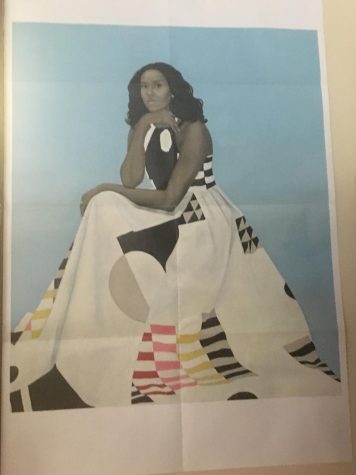
A poster found in Mr. Taylor’s classroom of Michele Obama.
“Nothing exists in a vacuum,” Taylor says. “Students are constantly bombarded with information… it is impossible to avoid. Everything we run into is political.” In the world we live in, many matters have political connotations. It is not harmful, but can even be beneficial to have such displays as posters and flags. It lets students know the beliefs that are supported in the space, without forcing any kind of judgement that comes with a one way “discussion” of an educator’s personal beliefs. It does students no benefit to tiptoe around certain matters that will inevitably be in students’ minds at some point. However, that doesn’t necessarily mean that letting the student body know a teacher’s opinions has no bad side to it.
Ms. Britton, a math teacher, also has a strong belief on the subject. She admits it herself: it is no secret where her political sympathies lie. “It’s not my job to influence anyone… I’m here to teach math, but we are also here as role models,” she says. Because her students seem to share her views, her political conversations with the classroom appear to make the class more of a community because they are united in their shared beliefs. Every single interviewed student claims that a teacher sharing their political opinions is problematic, but that was not at all the atmosphere in her class. An Allderdice junior elaborated, saying “Teachers pushing their opinions on us is so confusing. [The school] needs to be a neutral environment.”
So, why are their responses so inconsistent? The answer is this: It doesn’t sound problematic if the entirety of the class agrees. When this is the case, the class willingly adds to the points and shares in the often affable subject of discussion.
Britton claims, “Kids are comfortable with me… students tend to trust people they feel they know.” Thus, this opinionated math teacher displays the benefits of expressing her opinions. The problem comes, though, if not everyone agrees with what is being said. And the thing is, you can’t really be sure unless the educator is to outright ask the student for their opinion, which is absolutely never appropriate. Therefore, although by chance that particular environment doesn’t have a problem with or even enjoy those kind of conversations, more times than not it isn’t appropriate.
Allderdice junior Dana Engel also weighed in on the topic.“Like religion, politics are a super personal things. No two people feel exactly the same about everything. Kids look up to teachers and often believe what they say. Politics should be left up to the individual instead of encouraged or forced by a teacher.” This shows that doing such a thing can be a distraction from the learning environment.
An anonymous Allderdice student agreed, “This is a workplace. I don’t think they should explicitly state their views.” This student recounts a past experience when their juxtaposing positions with a teacher led them to feel not only uncomfortable, but angry. Multiple students agree that there is a line being having an educational discussion and a personal one. Several interviewed Allderdice students brought up the Civics: Be the Change class they took as freshmen. It is unavoidable that politics that correlate with current events would come up, and this certainly justifies reason for addressing it. However, “forcing their opinion” on students does not have a place, as it can isolate people who don’t agree. As the same anonymous student put it, “The assertion that there is no wrong opinion is completely false.”
Moreover, the unusual thing about the topic is that when students were asked where they are most influenced on the matter, none of them mentioned teachers. Even educators say that they believe parents of students are the most influential on young people’s politics. So teachers expressing their views are not necessarily that important if their ideas do not stick with students after all.
On the other hand, Dana Engel, who was outspoken against teachers imposing their opinions on a classroom, said “it’s probably good to upset them because it’s good for people to know what the care/don’t care about.” Ms. Britton also expresses that students are plugged in today now more than ever. And to maintain a pattern of young people inspiring and creating change, it becomes necessary for the young population to continue to be aware of current events. In this way, the topic becomes beneficial.
It is usually not appropriate for teachers to express their political opinion to a classroom, although it can rarely have a place. Mainly, it should be up to the students. High school years are the age when people now start to become more aware of the world and form opinions of their own, so we are old enough to decide for ourselves. Thus, when students state that most of the time forcing opinions on them is harmful, it should not be done.


